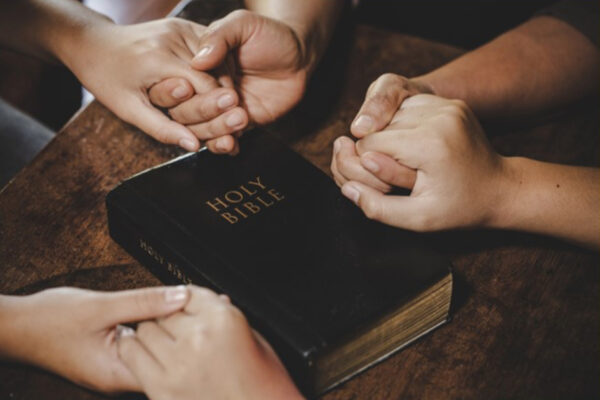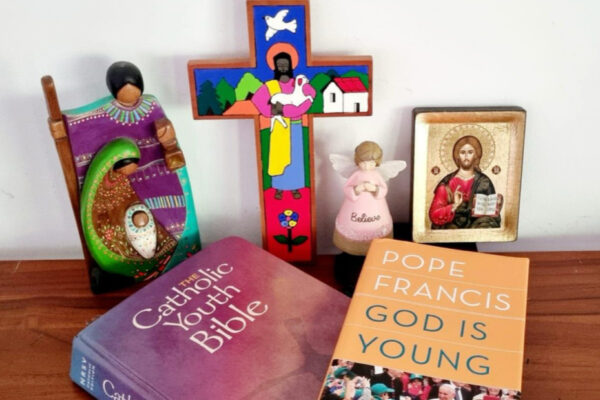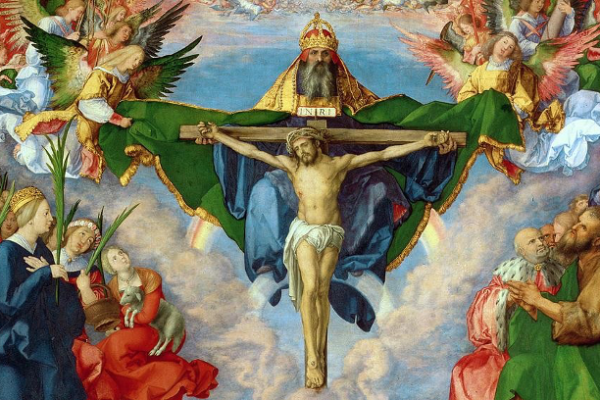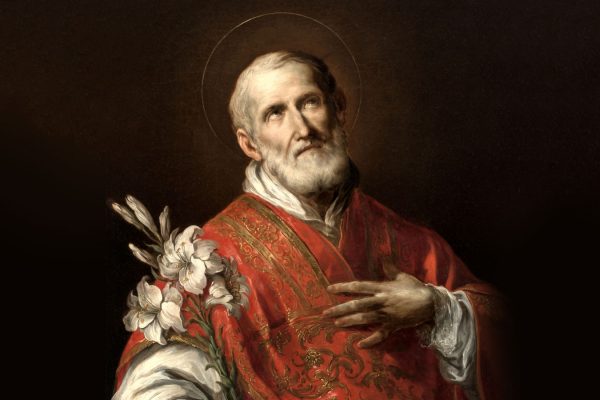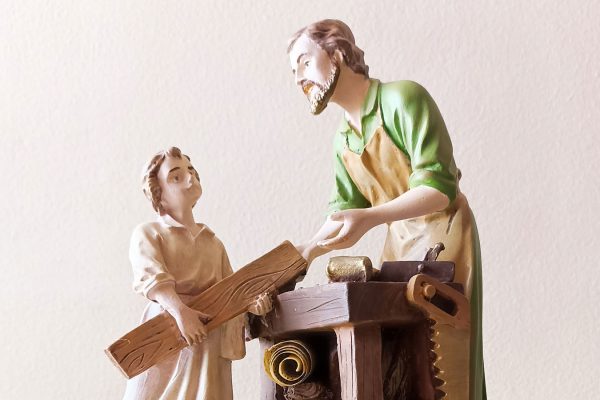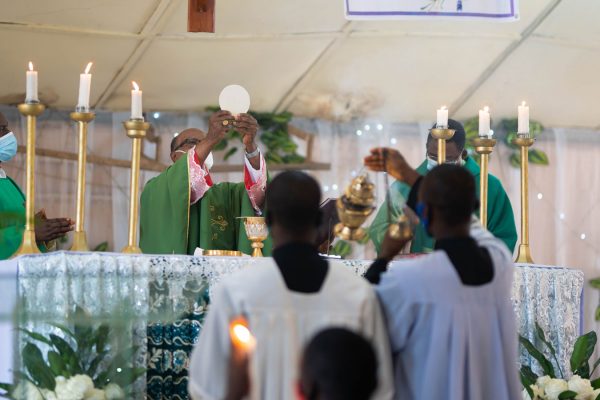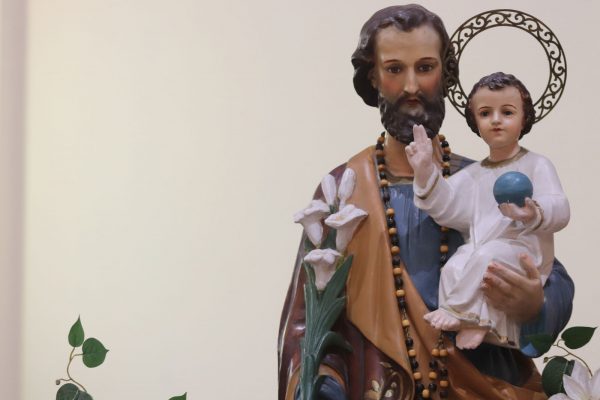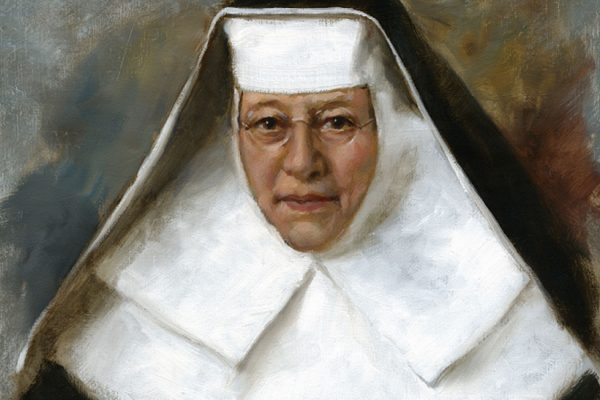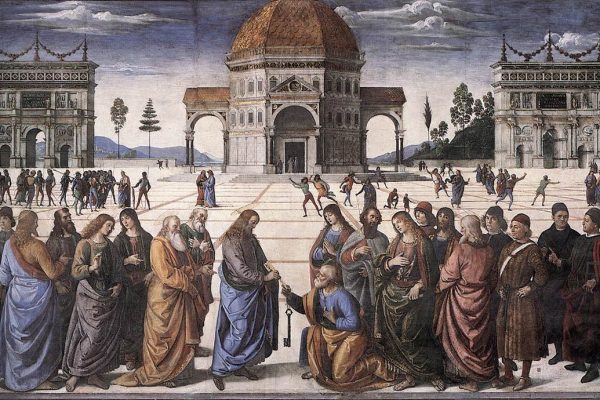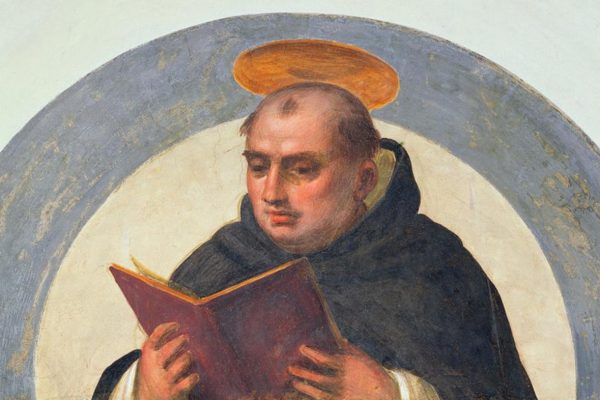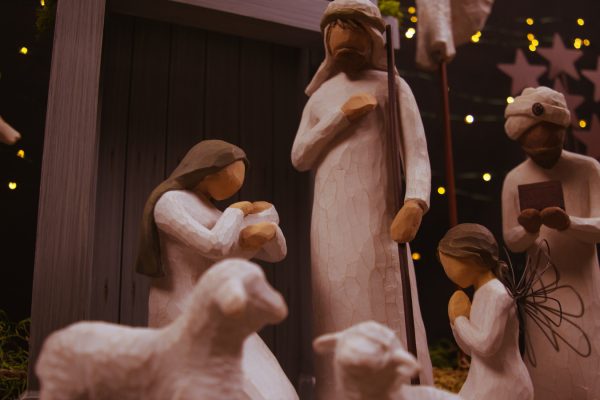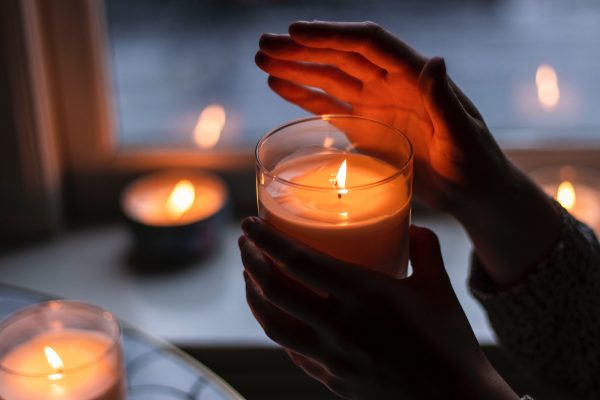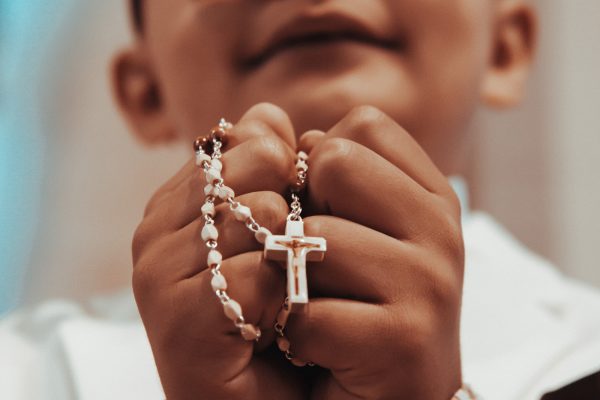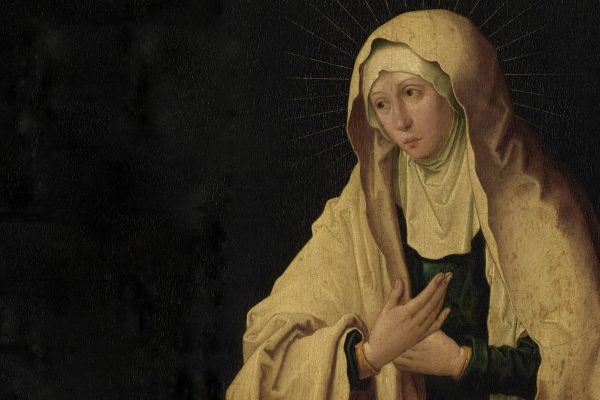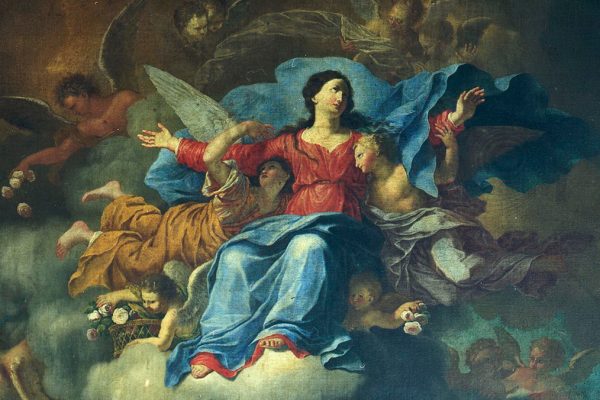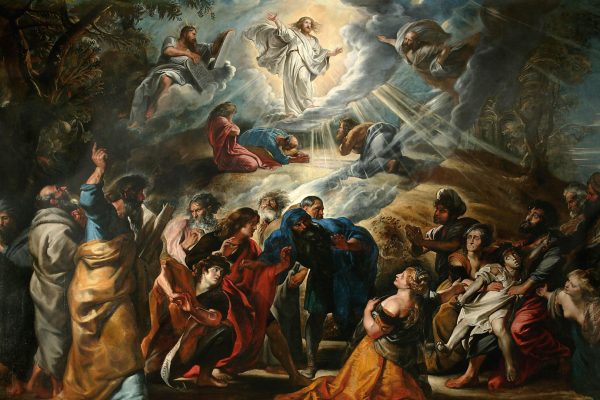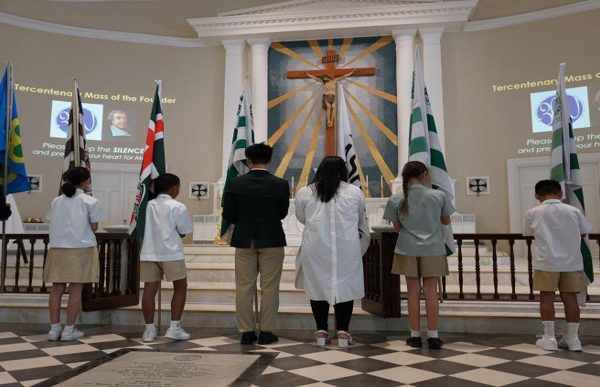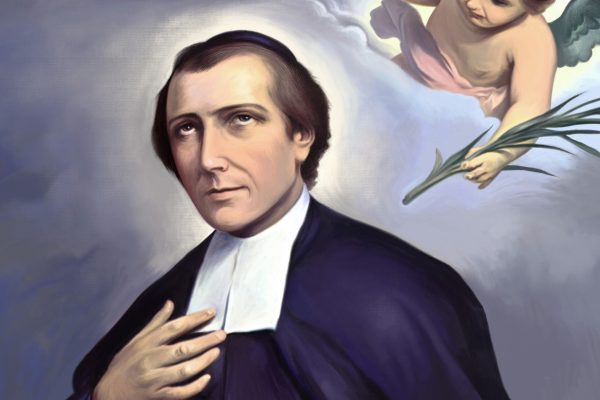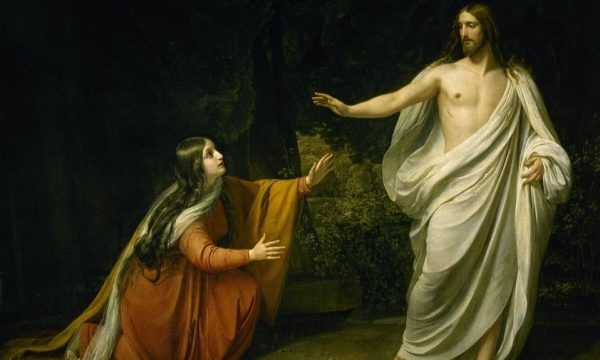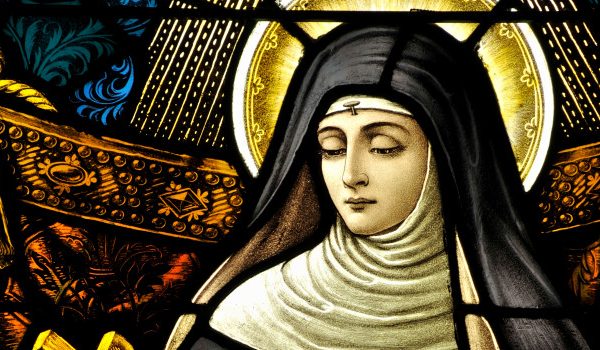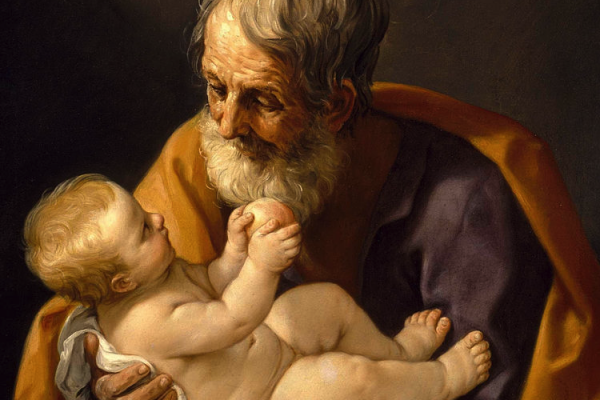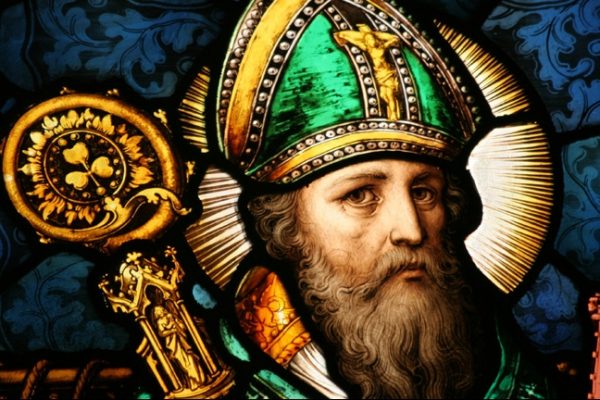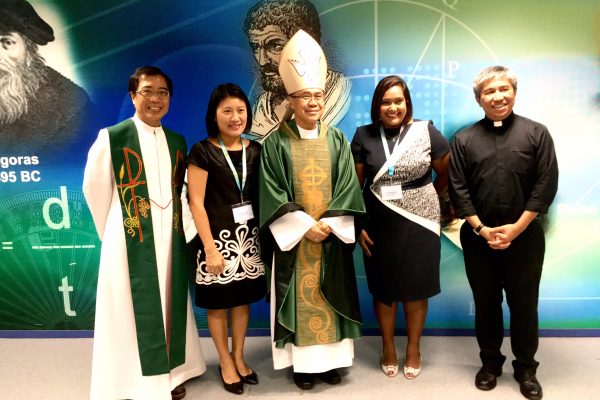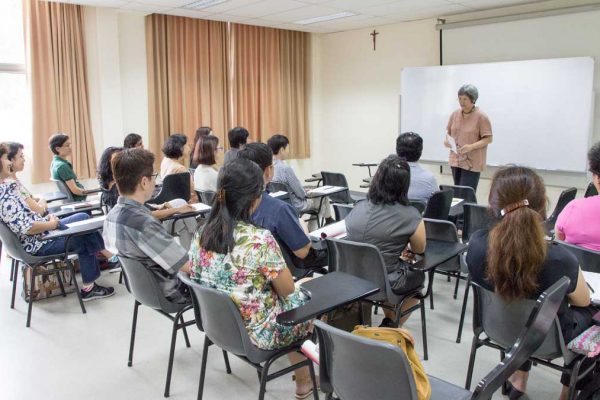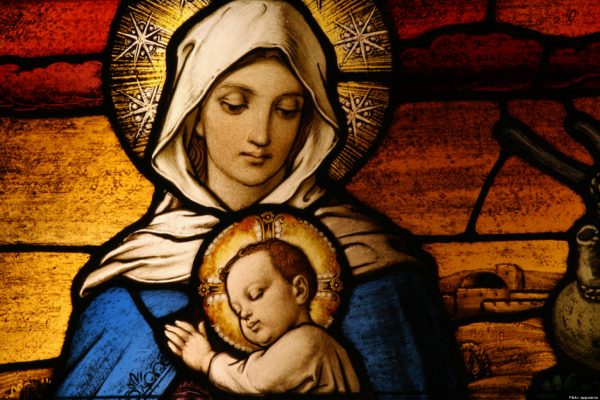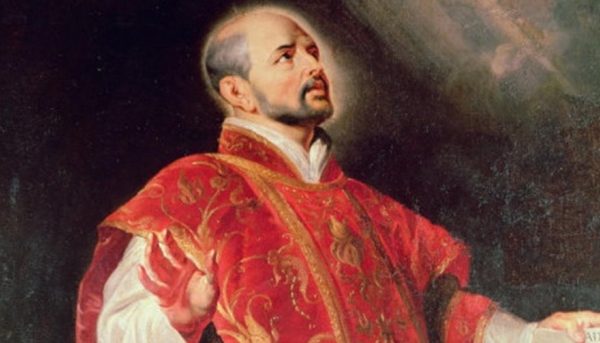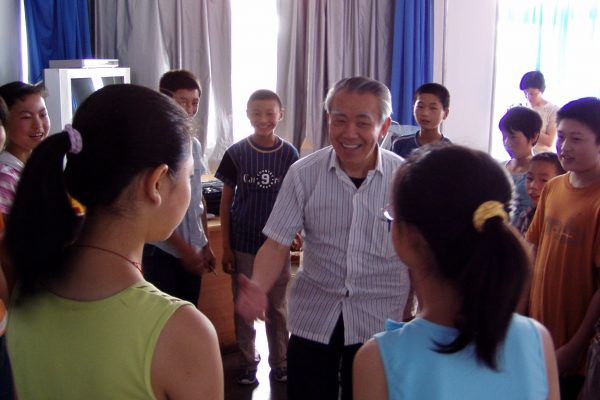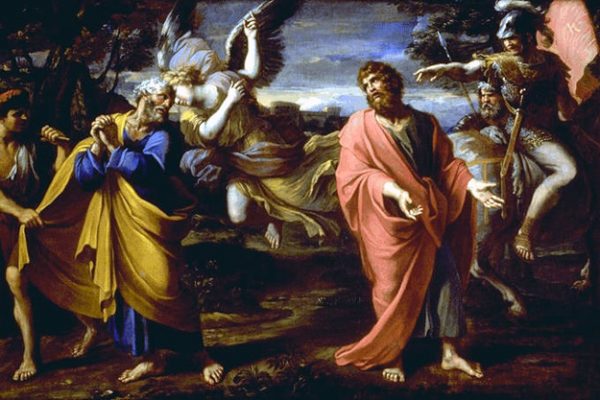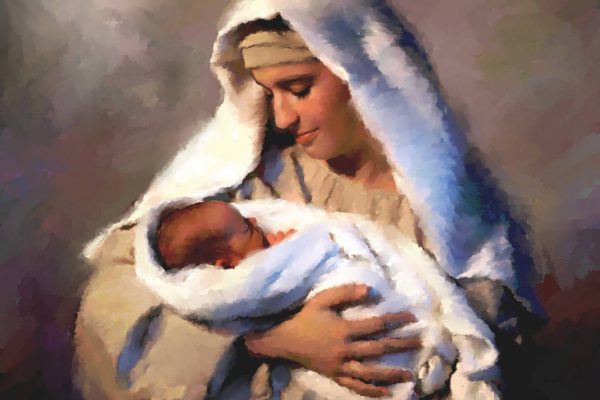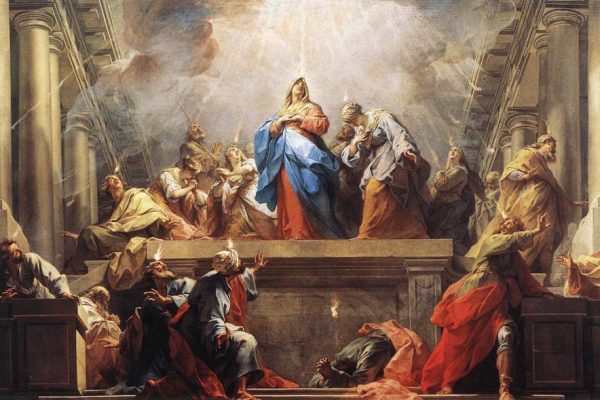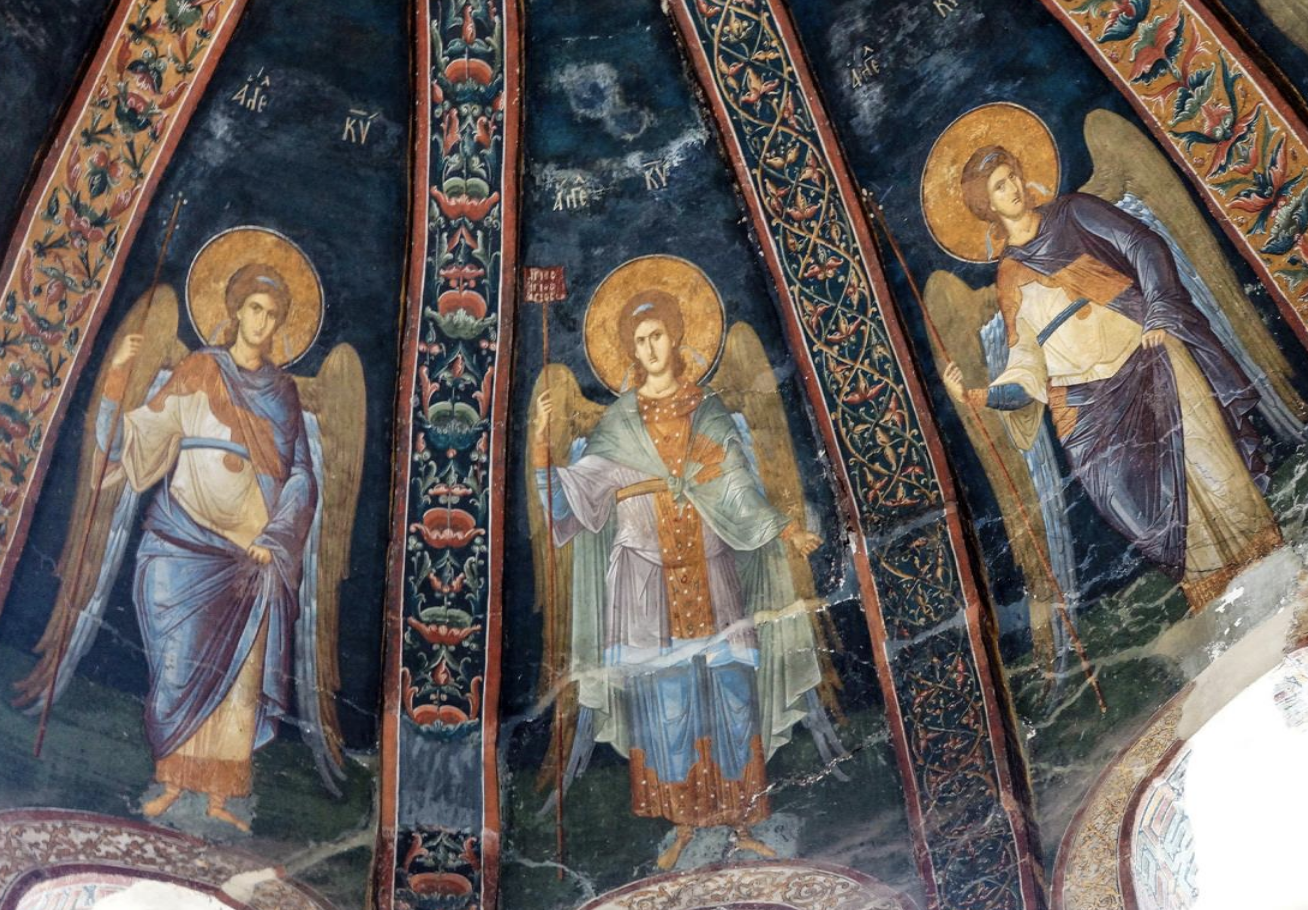
Ours an Angelic Calling by Michelle Tan
(Adapted from her article first published in the 4 October 2020 issue of Catholic News)
On Sept 29th we celebrated the Feast of the Archangels Michael (‘who is like God’), Gabriel (‘God is my strength’) and Raphael (‘God heals’), and October 2nd is the feast of our Holy Guardian Angels.
Angels are a gift from God; their existence a “truth of faith.” (Catechism of the Catholic Church, CCC 328) From birth to death, our lives are surrounded by the watchful care and intercession of angels. “Beside each believer stands an angel as protector and shepherd leading him to life.” (CCC 336)
Indeed, St. Jerome (whose feast day we just celebrated on Sept 30) said, “So valuable to heaven is the dignity of the human soul, that every member of the human race has a guardian angel from the moment the person begins to be.”
Who are they? St. Augustine explained that “these spiritual, non-corporeal beings that Sacred Scripture usually calls ‘angels’ is the name of their office, not of their nature. If you seek the name of their nature, it is ‘spirit’; if you seek the name of their office, it is ‘angel’: from what they are, ‘spirit’, from what they do, ‘angel’.” (CCC 328, 329)
In other words, angels are by nature pure spirit, while their office or function is that of God’s messenger (angelos in Greek) and intermediary.
As beings created by God, they too are creatures like us, but with a much higher calling. As St. Thomas Aquinas taught: “God is humanity’s universal teacher and guardian, but his teaching to humanity is mediated by angels.”
If Christ is the Teacher in God’s school of Creation, then aren’t we, as Catholic educators, called—like angels—to be messengers and intermediaries of God to every student He puts under our charge, especially those who are non-believers?
Like St. Michael, we are to equip our students to defend themselves in the battle against sin by teaching them Christian values and virtues, and by modelling them through example. Emulating St. Gabriel, we should bring Good News to the young people with our words of authentic praise, joy, affirmation, encouragement and gratitude. And we should imitate St. Raphael in accompanying those in our classrooms who are physically, emotionally or spiritually sick with our healing counsel—giving them the precious gifts of consolation, hope and peace, and above all, our time and presence when most needed.
At all times, we are called, like the guardian angels and the angelic hosts on Christmas night, to shepherd the sheep of our flock gently towards God with genuine love and joy.
How Can We Be Effective Angels to Others?
1. Be Close to God
Jesus said of little children, “Take care that you do not despise one of these little ones; for, I tell you, in heaven their angels continually see the face of my Father in heaven.” (Matthew 18:10)
Like the angels, we too must commune with God often—in prayer to ask Him for direction on how to minister to the young people in our lives, or to just sit in His presence, to give thanks and adore Him face-to-face.
2. Never Cease to Praise God
St. Hildegard of Bingen describes angels as “pure praise without any trace of a bodily deed.” The highest form of praise we can give God is when we gather with His People at Mass.
St. John Marie Vianney says we can learn from the angels how to present ourselves as a pleasing sacrifice to God: “With what humility should we assist at Mass, if we realised that our guardian angel was kneeling beside us, prostrate before the majesty of God! With what eagerness should we not ask him to offer our prayers to Jesus Christ!”
3. Be Humble Enough to Seek Help
St. Francis de Sales counsels: “Since God often sends us His inspirations by means of His angels, we ought frequently to offer Him our aspirations through the same channel—call on [angels] and honour them frequently, and ask their help in all your affairs, temporal as well as spiritual.”
If we genuinely want to be angels to others, especially in difficult situations, we must be humble enough to ask for the intercession of those who know best—the Archangels and our guardian angels—and seek the counsel of other human ‘angels’ who are more experienced or worldly-wise than ourselves, on how to handle the issues involved.
4. Be Prepared to ‘Wrestle’
More often than not, our message from God for our students (or colleagues!) will be a hard one. If they disagree or do not want to listen to us, we may have to engage them as did the angel with Jacob in Genesis 32:24–25!
We may need strength to persevere in consoling them, or helping them see and remove the obstacles in their lives, imitating the angel who ministered to Jesus during His agony in the Garden of Gethsemane (Luke 22:43) and the angel who rolled the stone away from the empty tomb at His resurrection (Matthew 28:2).
5. Beware of Pride
St. Augustine warned: “It was pride that changed angels into devils; it is humility that makes men as angels.” Satan was a fallen angel of light: he fell because he was jealous of us. Why?
According to Eastern Orthodox saint Gregory Palamas: “Although the angels are superior to us in many ways, yet in some respects they fall short of us, for we, rather than they, have been created in God’s image.”
Let us not fall into the same trap of envy and resentment, especially of others who seem to fulfil their angelic vocations better than us.
6. Preserve Our Purity
God appointed angels to keep Adam and Eve from returning to the Garden of Eden—not to punish, but to safeguard them from eating of the fruit of the Tree of Life and spiralling further downwards into disobedience and spiritual death. (Genesis 3:24)
God also commanded angels to be set on the Ark of the Covenant and later, in the Temple of Solomon, to protect the Holy of Holies within. (Exodus 25:18–20; 1 Kings 8:6–7)
In the same vein, if we are to fulfil our calling to be angels on earth to others, we must protect our hearts against sin and our bodies as temples of the Holy Spirit before we can safeguard those of our young charges.
St. John Bosco, who like many of the saints wrote from experience, taught: “When tempted, invoke your angel; he is more eager to help you than you are to be helped. Ignore the devil and do not be afraid of him: he trembles and flees at the sight of your guardian angel!”
7. Stay Close to Our Lady
Mary, Queen of Angels, is so titled because she is the Mother of God, who created the angels. Therefore, St. John of Damascene wrote, “When she became Mother of the Creator, she truly became Queen of every creature.”
As the Mother of the King of Kings, she is also Queen of Heaven, as we proclaim every time we pray the Fifth Glorious Mystery of the Rosary. As Queen of all Creation, she has supreme authority over all the angels, including Lucifer and his minions.
If we are to be genuine angels of the Light of Christ on earth, we must always honour Our Lady, and never be afraid to implore her help and prayers.
Catholic Educators: Angels of Our Catholic Schools
“Angel of God, my guardian dear,
to whom God’s love commits me here;
ever this day be at my side,
to light and guard, to rule and guide.”
Many of us were taught this little prayer in our childhood—and now we know why.
As Catholic educators, let us heed the call of St. Vincent Ferrer:
“Let us be like the holy angels now. If one day we are to be in the angelic court, we must learn now, while we are still here, the manners of the angels.”
Mary, Queen of Angels, pray for us!
Credits: Image from Canva























